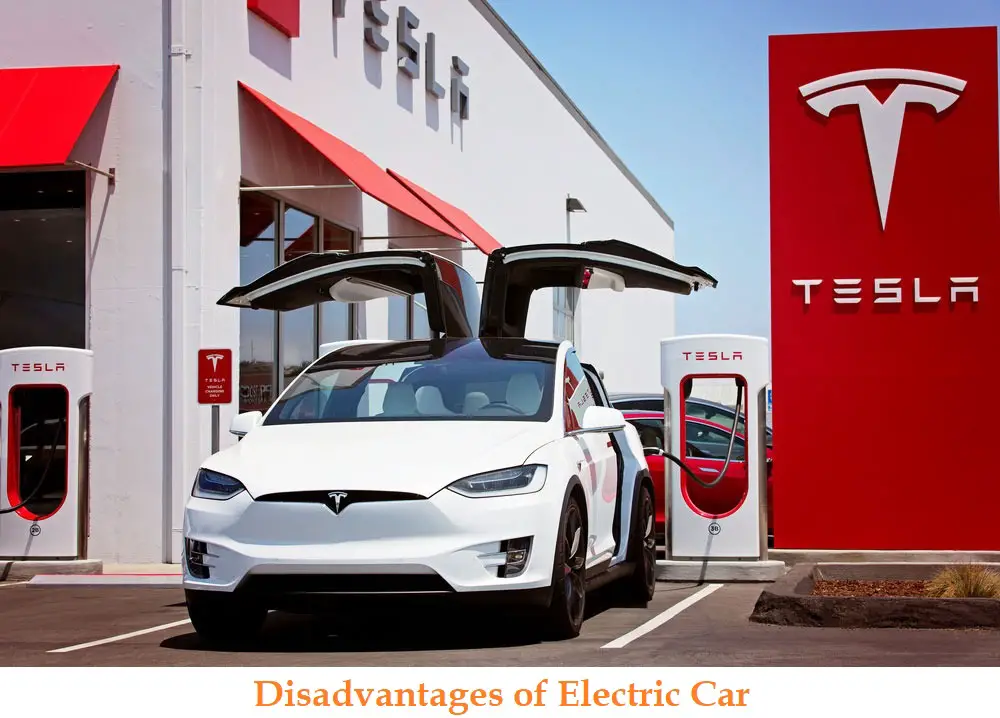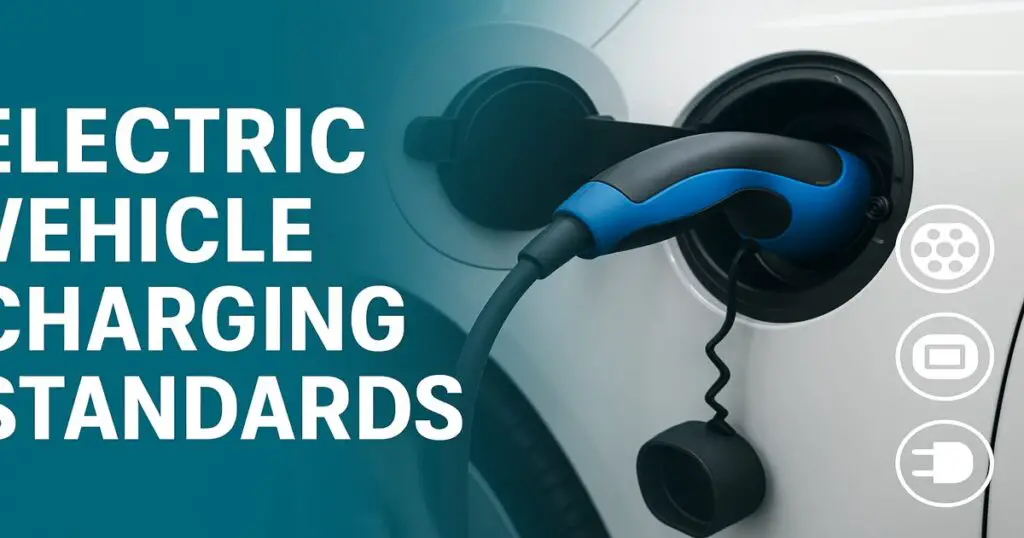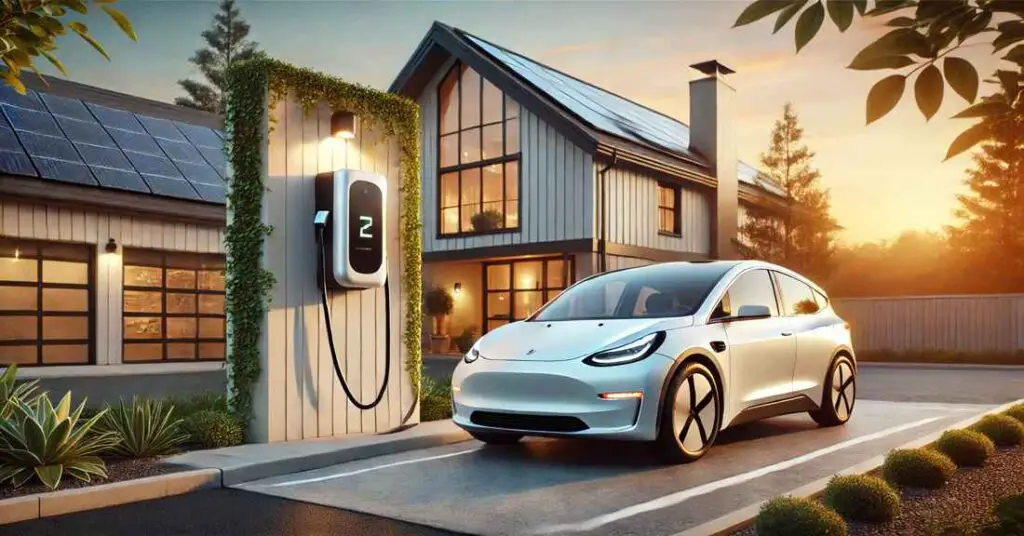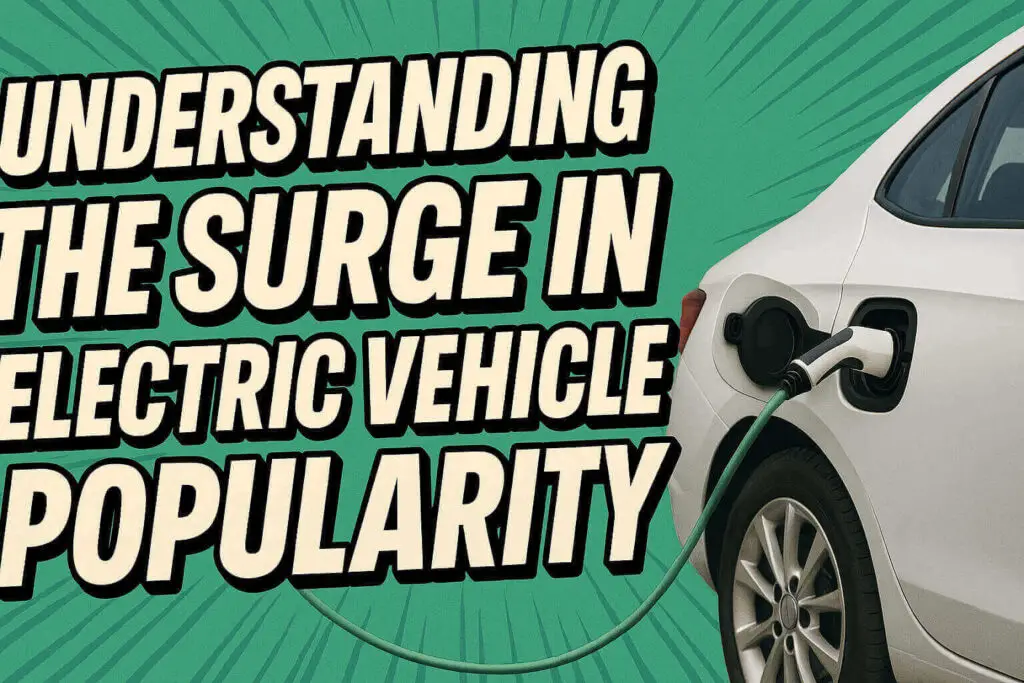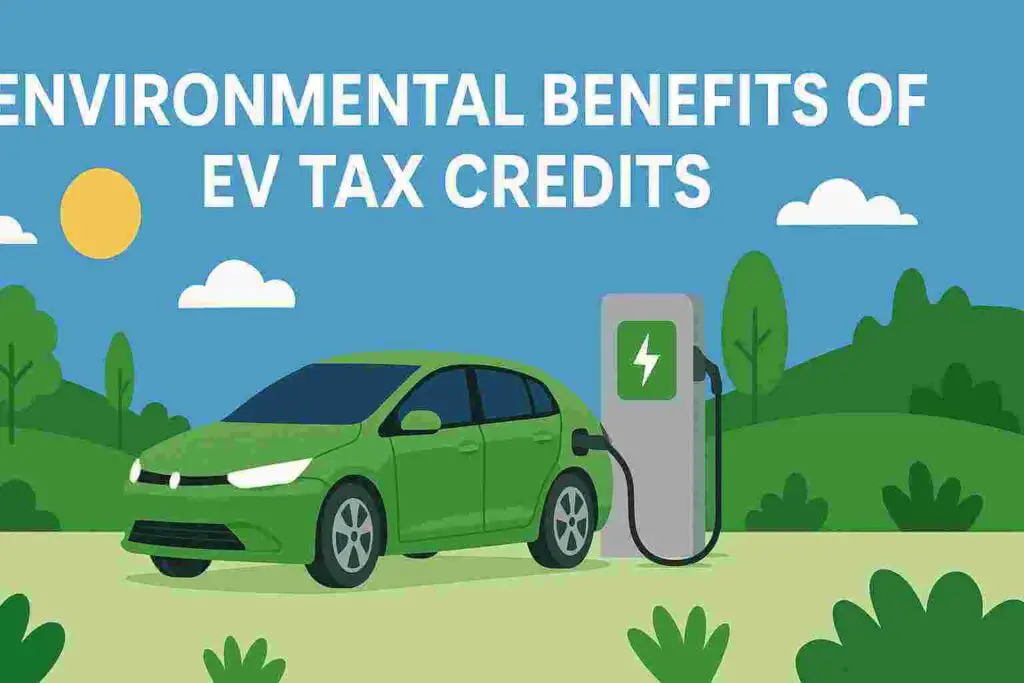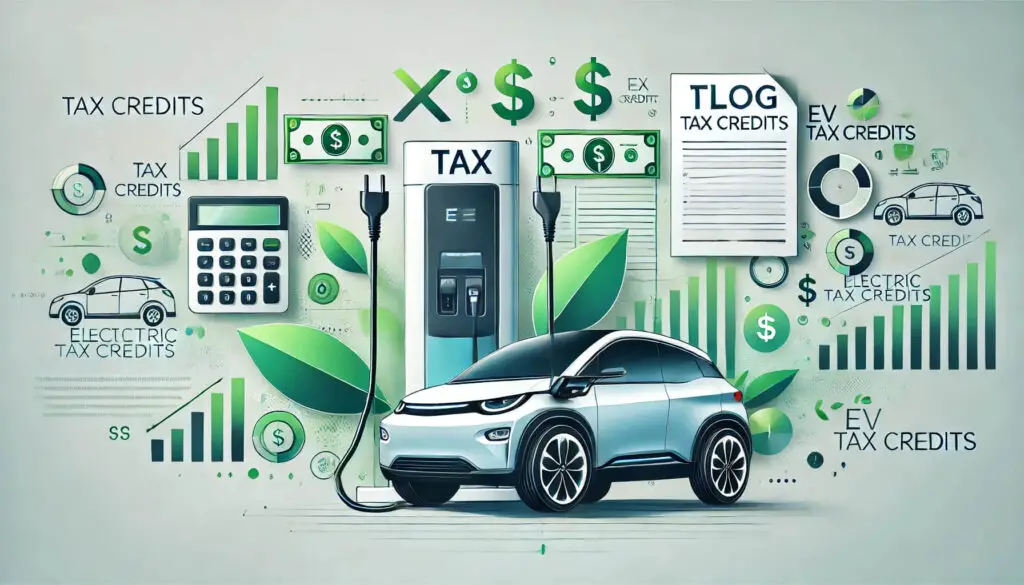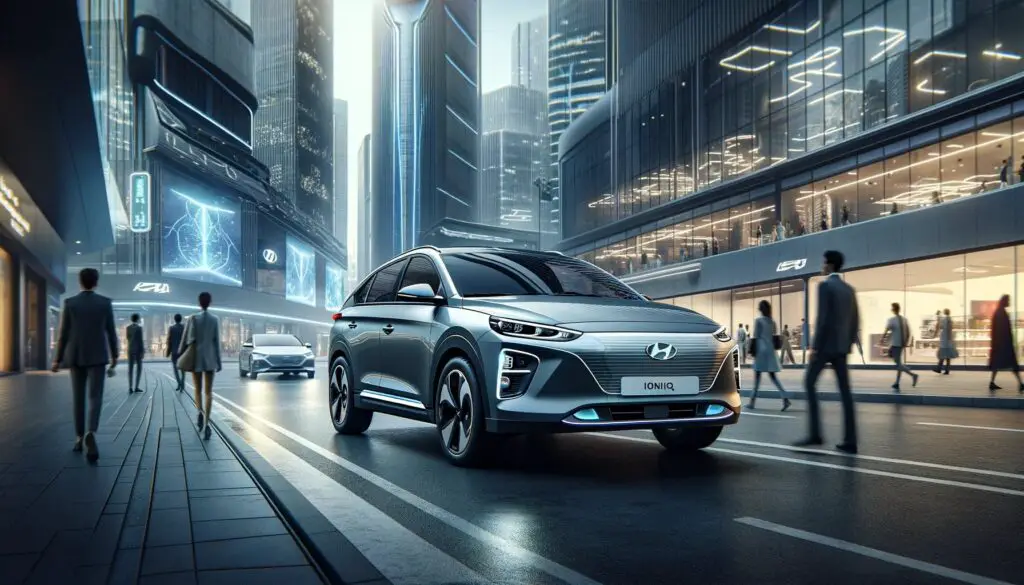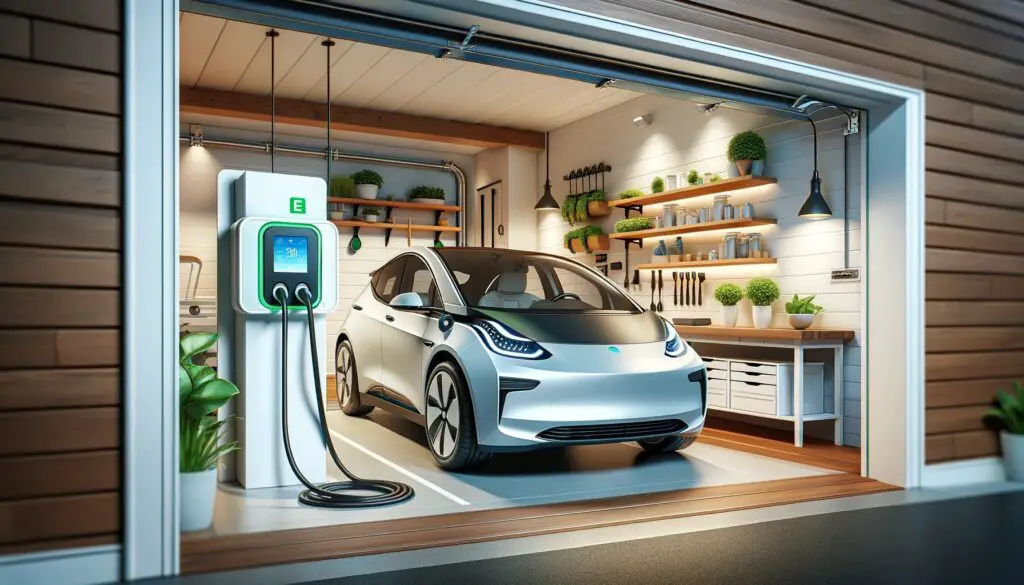Electric cars have gained significant popularity in recent years due to their environmental benefits and the advancement of technology. These vehicles run on electricity instead of conventional fuels, reducing carbon emissions and dependency on fossil fuels. While electric cars offer numerous advantages, it is important to consider the potential drawbacks before making a purchasing decision. In this article, we will explore three disadvantages associated with electric cars and provide insights into their impact on consumers and the overall automotive industry.
Limited Driving Range
One significant disadvantage of electric cars is their limited driving range compared to traditional gasoline-powered vehicles. While technological advancements have improved battery efficiency, most electric cars still have a lower range on a single charge. This can cause range anxiety among drivers, especially on long trips or in areas with limited charging infrastructure.
Long Charging Times
Charging an electric car takes considerably longer than refueling a conventional vehicle. Even with fast-charging options, it can take several hours to fully charge an electric car’s battery. This extended charging time can be inconvenient, particularly for individuals who rely on their vehicles for daily commuting or long-distance travel.
Lack of Charging Infrastructure
Another drawback of electric cars is the limited availability of charging stations. Although the charging infrastructure is expanding, there are still many regions where charging stations are scarce. This lack of infrastructure can make it challenging for electric car owners to find convenient and accessible charging points, hindering the overall adoption of these vehicles.
Higher Initial Cost
Electric cars generally have a higher upfront cost compared to their gasoline counterparts. The advanced technology and expensive battery systems contribute to the increased price. While there may be potential savings on fuel and maintenance costs over time, the higher initial investment can be a significant barrier for many consumers.
Limited Model Options
Compared to the wide variety of models available in the traditional automotive market, the selection of electric car models is relatively limited. This limited choice may not meet the diverse preferences and needs of all consumers. However, as the demand for electric vehicles continues to grow, manufacturers are gradually expanding their offerings.
Battery Degradation Over Time
The performance of electric car batteries can degrade over time, resulting in reduced driving range and overall efficiency. Factors such as temperature, frequency of charging, and battery management practices can influence the rate of degradation. While manufacturers are working on improving battery technology, it remains a concern for some potential electric car buyers.
Environmental Impact of Battery Production
Although electric cars produce zero emissions during operation, the production of their batteries has an environmental impact. The extraction and processing of raw materials, such as lithium and cobalt, can have negative consequences, including habitat destruction and carbon emissions. It is essential to consider the full lifecycle impact of electric vehicles, including the production and disposal of their components.
Dependency on Electricity Grid
While electric cars reduce dependency on fossil fuels, they shift the dependency to the electricity grid. This reliance on the grid can pose challenges during peak demand periods or in regions with an unstable power supply. Additionally, if the electricity used for charging is generated from non-renewable sources, the overall environmental benefits of electric cars may be diminished.
Challenges for Long-Distance Travel
Electric cars face certain challenges when it comes to long-distance travel. Although the charging infrastructure is improving, planning and finding charging stations for extended journeys can be time-consuming and inconvenient. The limited range and longer charging times of electric cars compared to gasoline-powered vehicles make them less suitable for certain types of long-distance travel.
Impact on the Power Grid
Widespread adoption of electric cars can put a strain on the power grid, particularly if charging occurs simultaneously during peak hours. Without proper grid management and infrastructure upgrades, the increased electricity demand from electric vehicles can lead to overload and potential power outages. This highlights the need for coordinated efforts between automotive and energy sectors to ensure a smooth transition to electric transportation.
Maintenance and Repair Costs
Although electric cars generally have fewer moving parts and require less frequent maintenance compared to internal combustion engine vehicles, their repair costs can be higher. Specialized training and equipment are often necessary for servicing electric vehicles, which can contribute to increased maintenance expenses. Additionally, the replacement cost of electric car batteries can be significant.
Weight and Performance Trade-Offs
Electric car batteries are heavy, impacting the overall weight distribution and performance of the vehicle. The additional weight can affect handling and acceleration, especially in smaller electric models. However, advancements in battery technology and vehicle design are continuously addressing this trade-off, aiming to provide better performance without sacrificing efficiency.
Perception and Familiarity
Despite the increasing popularity of electric cars, some consumers still have reservations due to perceived limitations and unfamiliarity with the technology. Concerns about range anxiety, charging availability, and the overall driving experience can deter potential buyers. However, as more people become familiar with electric vehicles and their advantages, these perceptions are gradually changing.
Conclusion
Electric cars offer numerous benefits, including environmental friendliness and reduced reliance on fossil fuels. However, they also come with certain disadvantages that need to be considered. These include limited driving range, long charging times, and the lack of charging infrastructure. Additionally, higher upfront costs, limited model options, and battery degradation over time are factors that may impact consumers’ decisions. Nevertheless, ongoing advancements in technology and infrastructure are continually addressing these drawbacks, making electric cars a viable and sustainable transportation option for the future.
FAQs (Frequently Asked Questions)
- Are electric cars more expensive to maintain than gasoline cars?
- Electric cars generally have lower maintenance costs due to fewer moving parts, but repair costs and battery replacements can be expensive.
- Can electric cars be charged at home?
- Yes, electric cars can be charged at home using a dedicated charging station or a regular power outlet, depending on the charging speed required.
- How long does it take to charge an electric car?
- Charging times vary depending on the vehicle and the charging method. It can take several hours to charge an electric car fully.
- Are there enough charging stations for electric cars?
- The availability of charging stations varies by region. While the infrastructure is expanding, some areas still have limited charging options.
- Can electric cars travel long distances?
- Electric cars can travel long distances, but planning and finding charging stations along the route is essential. The limited range and longer charging times compared to gasoline cars can make long-distance travel more challenging.

